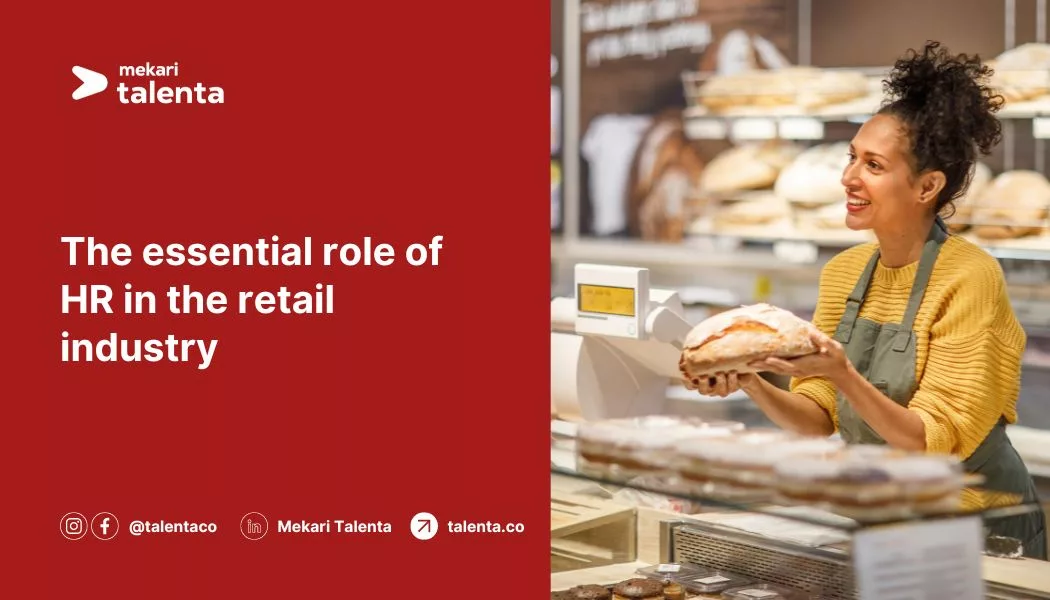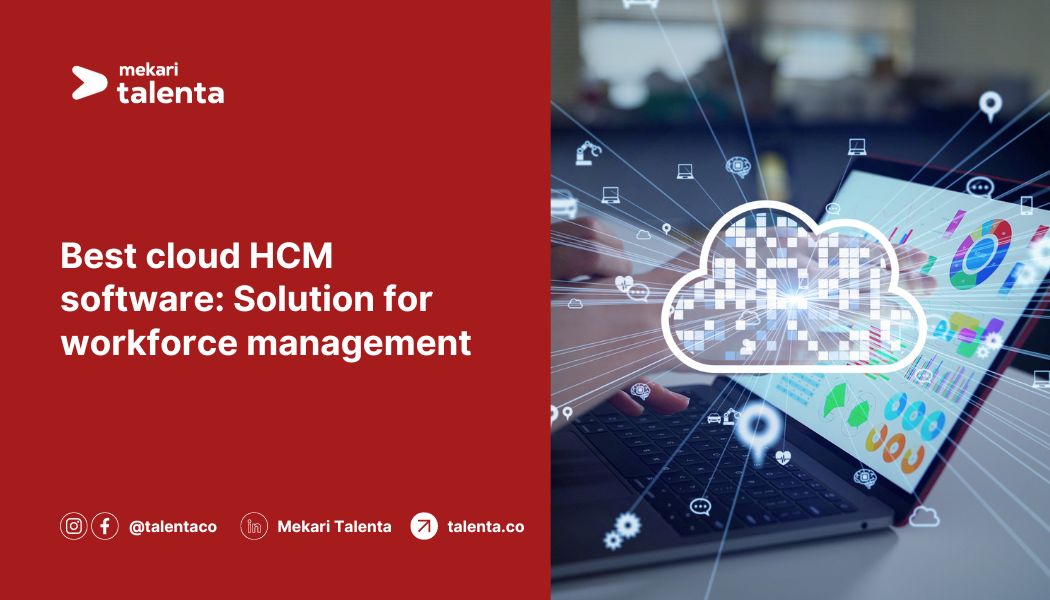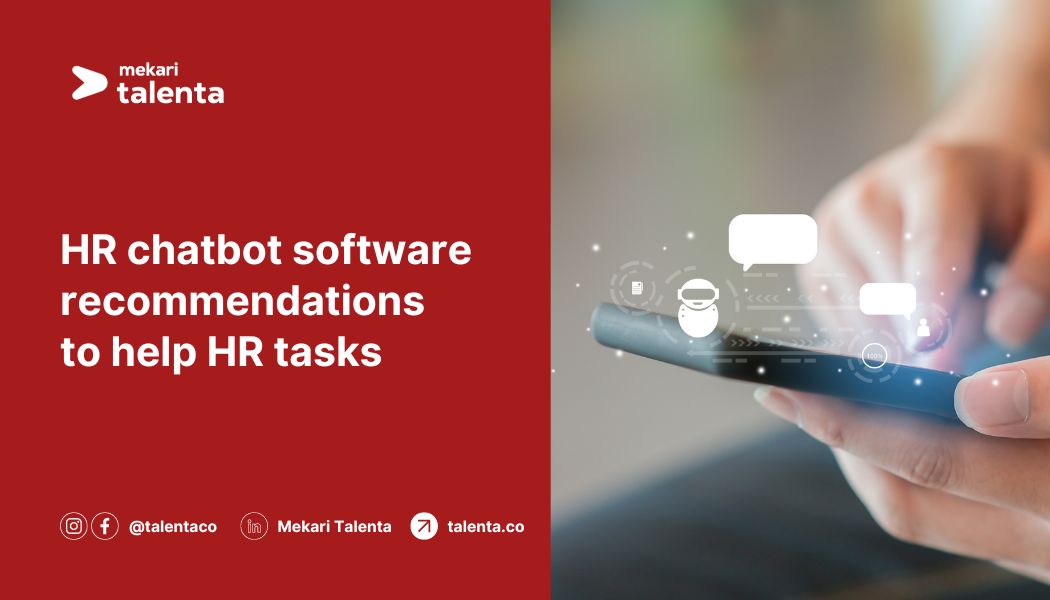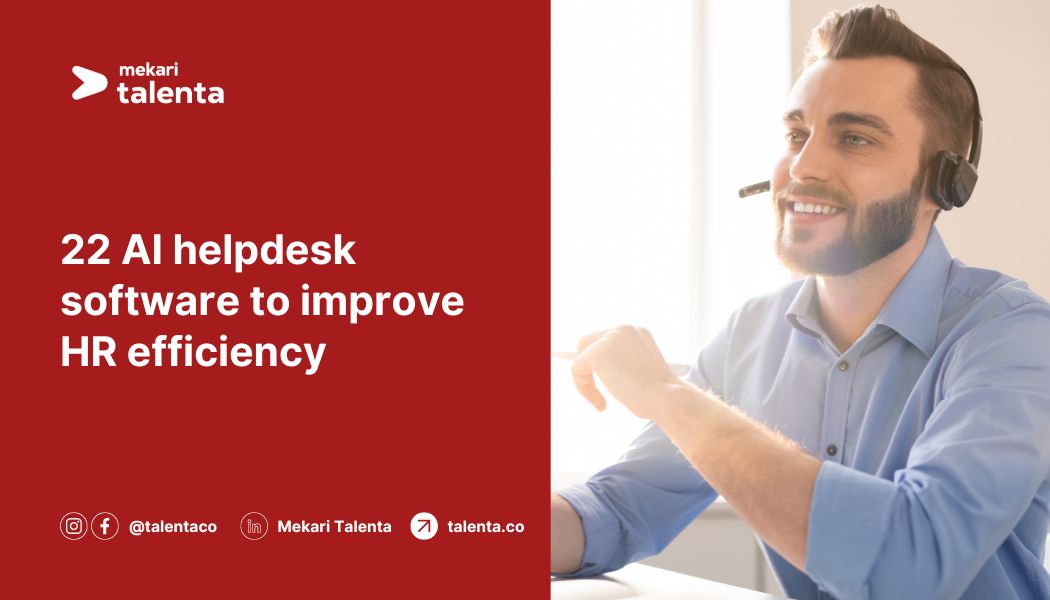Collaboration in the workplace takes into account employees’ ideas, skills, experiences, and opinions. When individuals work together openly, processes and goals become more aligned, leading the group towards a higher success rate of achieving a common goal. Here’s the story: the forgotten.
Two days before I officially resigned from my first job, I spared my time to curate a farewell e-mail to my colleagues. It was 7pm, my department’s space presumably was still crowded but some of them were still taking break before they continued their battle with long working hours.
I noticed the spaces look messier compared to the condition in the morning, yet there was a woman who tried to make it tidy again. As I’m going to take my dinner, I came over her.
During my career at that company, I realize that my job wouldn’t get finished without her help especially to the small things that matters. Be it send documents to clients, picked up snacks, or cleaned the training room in the morning before the trainees come, her jobs are highly appreciated. As the conversation flowed, I listened to her story while she wait her husband to pick her.
Read too: The Habits Which Millionaires Have in Common
Her name (pseudonym) is Arti She is a petite woman in her mid-thirties. She has two kids aged 7 and 5. She always come to office at 7am and go back at 7pm. When all of us had lunch, she need to deliver documents to the clients. She said, she and her fellow office boys will only can got their lunch when we are all got back to work in the afternoon.
I wonder, while she came very early and go back at night, how come she spend her day with her family? It must be harder than all of us who are luckily able to work at 9 to 5. 4 hours shorter than them.
On the other hand, she confessed that working as an OB actually is not that hard. It’s relaxed instead. Yet, she told me the hidden truth they faced in daily basis. They just do their jobs: cleaning, serving, delivering documents, sometimes cooking, thus they rarely interacts with the employees.
Perhaps, just because they rarely interact with the employees, they easily judge the people based on their habit. They feel that employees sometimes careless and seems not concerned with the OB, even never say hello or giving simple greet especially the expatriates.
The later most probably caused by the barrier of language. Although sometimes they said thank you whenever asking for help, she hopes that employees supposed to be more polite, respect, friendly, and more appreciative to the OBs.
She secretly hopes that their salaries expected to rise, so that it could suffice his daily needs. If it isn’t, she hopes that her working schedule could be shorter in order to be more relax and have more time with her family.
All the things she said is kind of representative of all the OB that they hope all of us need to grow up: pay more attention to cleanliness, do not litter, whether cigarette, food wrappers, paper, etc and also maintain the state of the class to keep tidy. While she didn’t look sad at all, all of her statements broke my heart.
Such an epiphany appeared at the same time: we are all human and deserve to be respected, as well as the OBs. While they are working for us as well, they are part of the company who are forgotten.
I’m not sure whether my upcoming company will have OB as it’s a start-up company. As more educated and higher “social status” that we have, a big amount of morality lessons slapped me: that they are not less human than we are.
Read too: Why Good Employees Quit
I realize that I couldn’t work in a messy workspaces hence it’s important to keep the cleanliness because sometimes a little mess on the workplace caused distraction. More importantly, be sensitive to their thoughts and feeling to anyone who interacted with us.
Don’t push them to do something they don’t want to do cos they have their own job. If you can handle it by ourself, why we should let other people to do? For the last part, the same thing might applies to our coworkers as well. While they have their own job desc that needs to be done, we aren’t supposed to push them to help us.
This lesson taught me about how important a strong collaboration is. Be it with our supervisor, coworkers, people across division, and last but not least: office boys. Although sometimes they are almost forgotten, they are also part of the company and not less human than we are.
Want to get other interesting articles? Get useful insights only by reading the best articles from Talenta.
As an online HRIS & payroll application, Talenta supports Indonesian businesses to survive by using automated payroll technology and cloud-based HR management. With continuous improvement, Talenta is continuously being developed to meet every need from remote and WFH situations.
The payroll process is made easier even during WFH. Talenta meets corporate needs during WFH with the latest integrated and real-time virtual presence features. Starting from managing work schedules, monitoring attendance, calculating leave and overtime to payroll.
Talenta can also be tailored to your industry, ranging from hospitality, manufacturing, retail & food services, professional services, to information technology.
Interested in trying Talenta? Fill out this form to schedule Talenta demonstrations with our sales and consult us on your HR issues!
You can also try Talenta for free now by clicking the image below.










